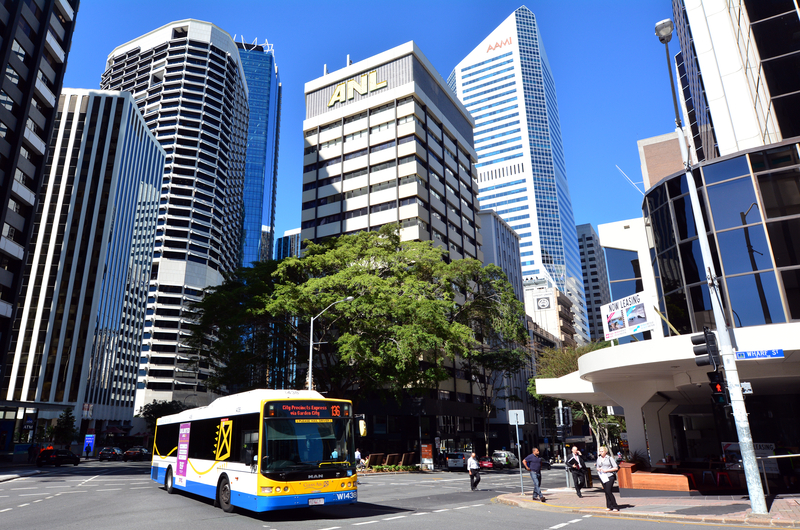The implementation of Mobility as a Service solutions, and the lessons learned from trials carried out across the world, will be one of the highlights at the ITS European Congress in Lisbon from 18 to 20 May, the leading event on intelligent mobility and the first carbon neutral mobility event in Europe.
MaaS is defined as the integration of various forms of transport services into a single mobility service accessible on demand. The demand for MaaS has exceeded the expectations of operators and service providers. “There is a big appetite for it,” explains Piia Karjalainen, Senior Manager at MaaS Alliance, who will be speaking at the Congress. “As we already have some experience, it’s now a perfect time at Lisbon Congress to focus on the environmental performances of different Mobility as a Service solutions – how we evaluate, how we measure, how we communicate? Our promise to cities is that MaaS delivers a more sustainable way to get around in the urban environment and of course now when we see more and more different services popping up we want to make sure that that we really deliver that promise.”
Deputy Director of Innovation & Deployment at ERTICO – ITS Europe, Zeljko Jeftic, agrees that MaaS is a very welcome solution that gives high expectations when it comes to the decarbonisation of transport and the reduction of transport related greenhouse gas emissions. “There’s a wide belief that MaaS, through better information planning and ticketing, will encourage people to use public transport, shared mobility and all the other types of mobility except private car usage and ownership,” he says.
It is fitting that Lisbon is hosting so much discussion on MaaS given that an analysis of the potential of shared solution in the city five years ago brought the concept to the attention of the transport community. It concluded that, in optimum shared mobility, only 10 per cent of the number of vehicles would be needed to get citizens where they wanted when they wanted. Paulo Humanes, VP of Business Development and New Mobility at Congress exhibitor, PTV Group, worked on the study and says that since then Lisbon has become a beacon of what can be done. “There are 18 different shared mobility providers that are acting in the city at the moment, 350 vehicles, 600 motorbikes, 1,500 bikes, 5,000 electric scooters, and 97 per cent of these are zero emission vehicles,” he says. “There are 400,000 active clients using this for mobility. It’s really interesting to see how from five years ago this was a completely alien concept and today this is what they are doing day to day.”
When the MaaS solution was first discussed, it was assumed autonomous vehicles would be key, but Paulo Humanes doesn’t believe this is the case, saying “We’ve stopped talking so much about the autonomy: the technology and sharing is much more important.” This, he adds, is important because solutions can be implemented now and not when some futuristic technology is ready, giving us revolutionary changes. “When the internal combustion engine came along cities were dominated by horses and within the space of twenty years there were no horses anymore in cities,” he says. “I think that shared mobility is really going to see the same kind of growth.”
Piia Karjalainen believes that collaboration and partnerships are among the most critical aspects of Mobility as a Service. “If you don’t nail it you fail it,” she says. “MaaS is a revolution in transport and something no one stakeholder can do alone. It combines services and policies. It’s about providing the user with a seamless transport solution that you can use every day, but only if everything works really well. The MaaS service itself is only as strong as the weakest link. The weakest link can be infrastructure, the user interface, the transport experience when something is not working, or it can be accessibility. It’s a complex ecosystem to handle so we need strong commitment from all stakeholders.”
The Congress will discuss some other key aspects of MaaS delivery, such as data sharing and standardisation, and also hear details of a new ERTICO project discussing governance and regulations needed to implement MaaS successfully in different cities. “By the time we get to Lisbon, we will have seen a number of cities and service providers coming out and saying ‘well here we are, here’s the proof that we have implemented a solution in this city and we have had 10 or 20 thousand users and these are the real figures from real life’. It’s about real-life, long-lasting impact” adds Zeljko Jeftic.
Piia Karjalainen says politicians must remember that the key selling point to get public buy-in will be convenience, rather than sustainability, environmental or city aesthetic benefits. “After the Copenhagen Congress everyone was amazed at what they had done with the cycling policy,” she says. “But when you ask Copenhagen residents why they cycle they say it’s an efficient way to get around; the fastest and easiest. Some users consider sustainability but the real deal maker – and the thing that can really affect user behaviour – is the convenience.”
ERTICO – ITS Europe is keen to demonstrate that MaaS is not a solution only for the developed countries. Zeljko Jeftic explains, “We have seen fantastic examples of Helsinki and a few others in Europe, but we also see now that there’s a number of cities outside Europe and in developing countries who are going towards the implementation of MaaS. We are soon launching a new project piloting MaaS and electrification of vehicles in cities such Kathmandu, Djibouti, Dar El Salam, Quito and Montevideo. When it comes to the movement of people, MaaS is a solution that can really change the world.”
ITS European Congress
MaaS will be covered in detail at the upcoming ITS European Congress in Lisbon from 18-20 May 2020. The conference topic ‘New Mobility Services’ will look at MaaS and the importance of the cooperation between public and private entities to move us towards the reconfiguration and long term stability of urban mobility.
Join in this important conversation: for information about the ITS European Congress, click here.



